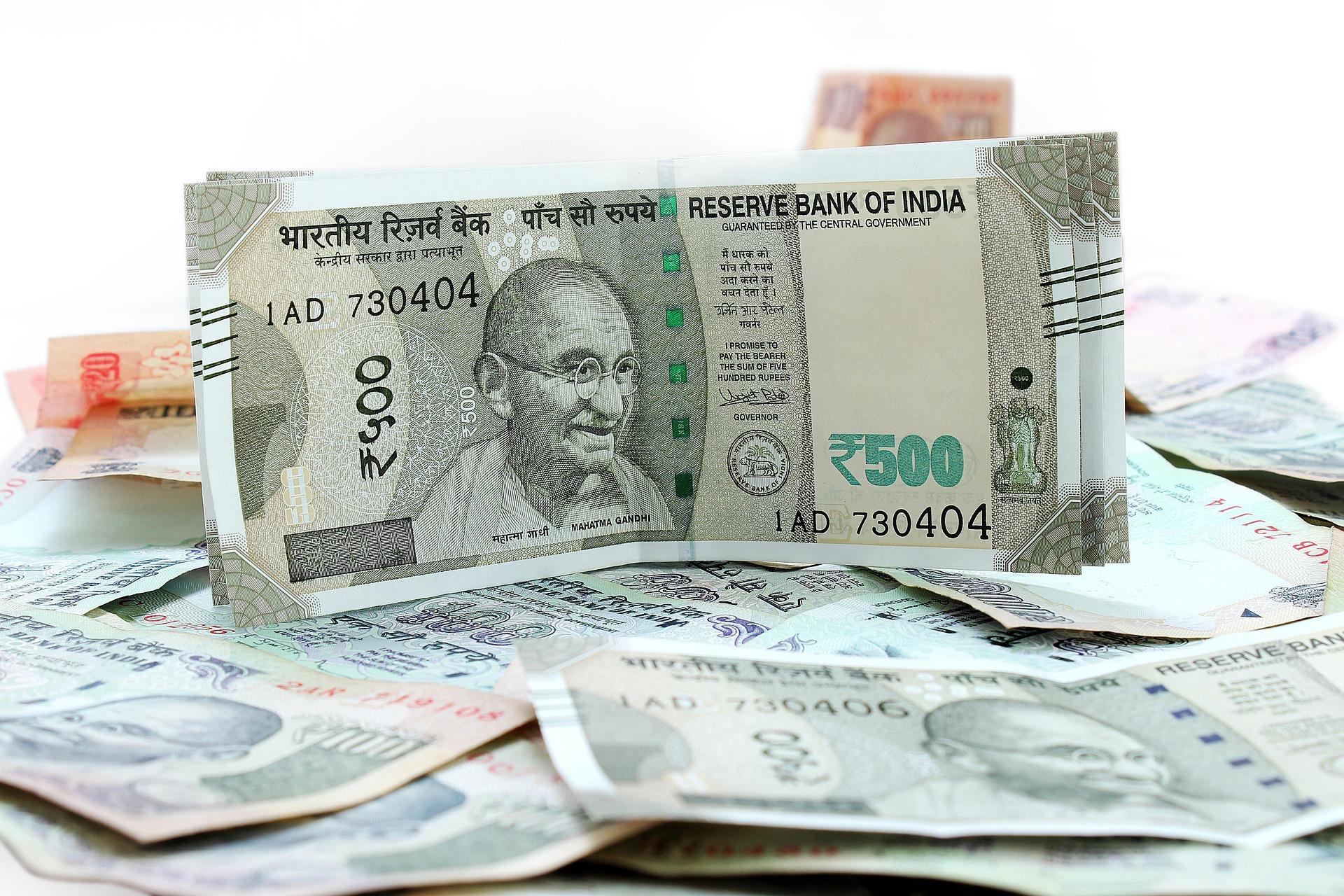
In a move that has sent ripples not only through economic corridors but also across the global political stage, the Reserve Bank of India (RBI) has taken a decisive step that directly challenges the dominance of the US dollar. Today, in a joint announcement with the Ministry of Finance, the RBI unveiled a major reform aimed at making international trade settlements in Indian rupees far easier than ever before.
The change means that foreign companies purchasing oil, machinery, or other goods from India will now find it simpler to pay directly in Indian rupees. This development builds upon measures first introduced in 2022, when India allowed the use of rupees instead of US dollars, euros, or Japanese yen for international trade settlements. At that time, traders were also offered incentives to switch from dollar payments to rupee payments.
However, progress slowed in recent years, particularly after Donald Trump became President of the United States and India–US relations experienced fluctuations. Efforts to promote the rupee in global trade lost some momentum.
The new RBI decision is being called a game-changer for several reasons. Under the old rules, if a foreign bank wanted to open an account in India for rupee-based trade settlements—known as a Special Rupee Vostro Account (SRVA)—it first had to obtain RBI approval. This process involved lengthy paperwork and could take weeks or even months. Often, deals were cancelled due to these delays, and foreign banks reverted to making payments in US dollars.
Now, under the revised guidelines, the requirement for prior RBI approval has been removed. Authorized dealer banks can directly open SRVAs for foreign banks, with the RBI only confirming the details afterward. This reduces bureaucracy, eliminates long delays, and increases the likelihood that foreign banks will adopt the rupee for trade settlements. Indian exporters and importers will benefit from faster payments, reduced risk of cancelled deals, and greater trade efficiency.
This decision comes at a sensitive time, as India and the United States remain at odds over a 50% tariff dispute. While Washington prefers that global trade adhere to its dollar-based system, India’s message is now clear: the country intends to conduct its trade using its own currency. Currently, nearly 85% of global trade is still settled in US dollars, a dominance supported not only by America’s economic power but also by its political and military influence.
By enabling easier rupee-based transactions, India is signaling a direct challenge to this dominance. The US has not made any public statement against the move, but experts believe Washington will not welcome it. A decline in the dollar’s dominance would mean reduced impact of US sanctions, weaker financial control, and diminished geopolitical leverage for the United States.
Analysts argue that this is more than just a banking regulation—it is a geopolitical statement. It reflects India’s determination to advance economic independence and monetary sovereignty. If India continues to expand rupee-based trade at this pace, the next five to ten years could see a significant increase in the use of the rupee across Asia and Africa. The move could also serve as an example for institutions such as the Bank for International Settlements (BIS), further boosting the international credibility of the rupee.
Some decisions in history shape the course of decades, and the RBI’s latest move may be one of them. By removing bureaucratic hurdles and promoting the rupee in global trade, India has made it clear that it is ready to move beyond dollar dependency and secure a stronger position for its currency in the world economy.
This article is for informational purposes only and does not constitute financial or investment advice. The views and interpretations presented are based on publicly available information and should not be considered as official statements from any government or regulatory authority. Readers are advised to conduct their own research or consult a qualified professional before making any financial or business decisions.




